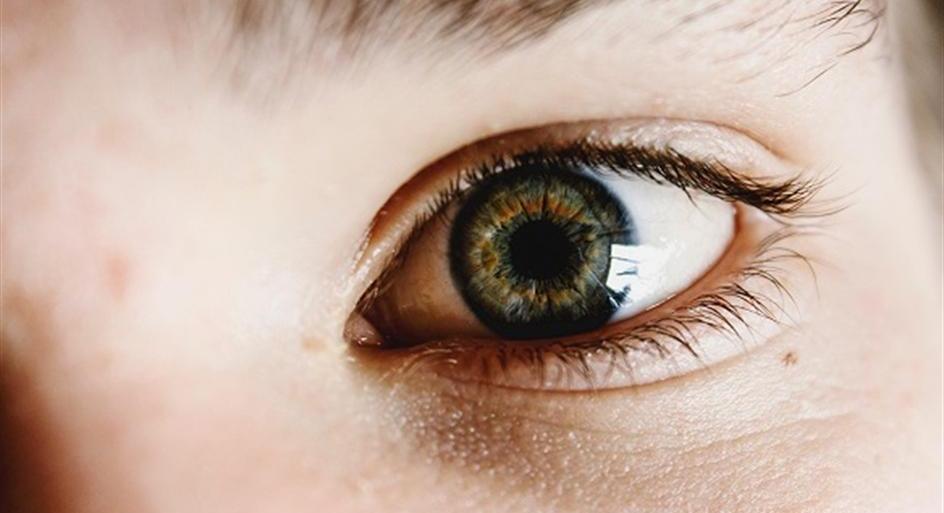Detecting Macular Degeneration – The Earlier The Better
“You have macular degeneration.” Those were the last words that my mum’s doctor spoke before her world was turned upside down. My universe was also affected since I am her only child and caregiver and didn’t have the slightest clue what macular degeneration was, or its effects. I know now, of course, that the disease is a serious one that wreaks havoc on the eyes and causes the victim to lose her, or his, independence. I just wish that my mum and I knew the essentials before she lost her sight and ability to drive so we would have been able to prepare.
What is macular degeneration?
In short, macular degeneration is an illness that affects the eyes. The extended definition includes the two types of the disease, which are known as ‘wet’ and ‘dry’ macular degeneration. The ‘dry’ illness is most common in individuals over the age of 65 and is typically characterised by yellow deposits called drusen. At first glance, these deposits are nothing more than specks and, hence, easily overlooked. After all, vision loss is a normal sign of ageing, right? Wrong in this instance. ‘Dry’ macular degeneration has the power to morph into the ‘wet’ version of the disease, which ultimately results in blindness. At least, that’s what happened to my mum.
The diagnosis
A routine exam turned into a life-altering experience when the doctor saw these yellow deposits in my mum’s review. She admitted to him that she had experienced blurred vision that gradually grew worse. Of course, my first question was, “Why didn’t you say anything?” For those who don’t know, remaining silent while living with macular degeneration is the worse thing you can do. A doctor can prescribe treatments to slow the condition’s effects down if caught in time, which is why it is imperative for patients to say something when their vision is not right. My mum remained silent, and it cost her every bit of her independence. She now lives with me and my husband and cannot even go to the bathroom without assistance. That’s no way to live!
Don’t see something? Say something
In learning from her mistakes, I encourage every older person over the age of 65 to keep an eye on their visual health. Don’t just count blurry vision as a sign of the times, because it could be something more. Remember that macular degeneration is detectable through a routine eye exam, so there is no excuse to go untreated for years if you do have the disease. Remember that good health begins and ends with you.

